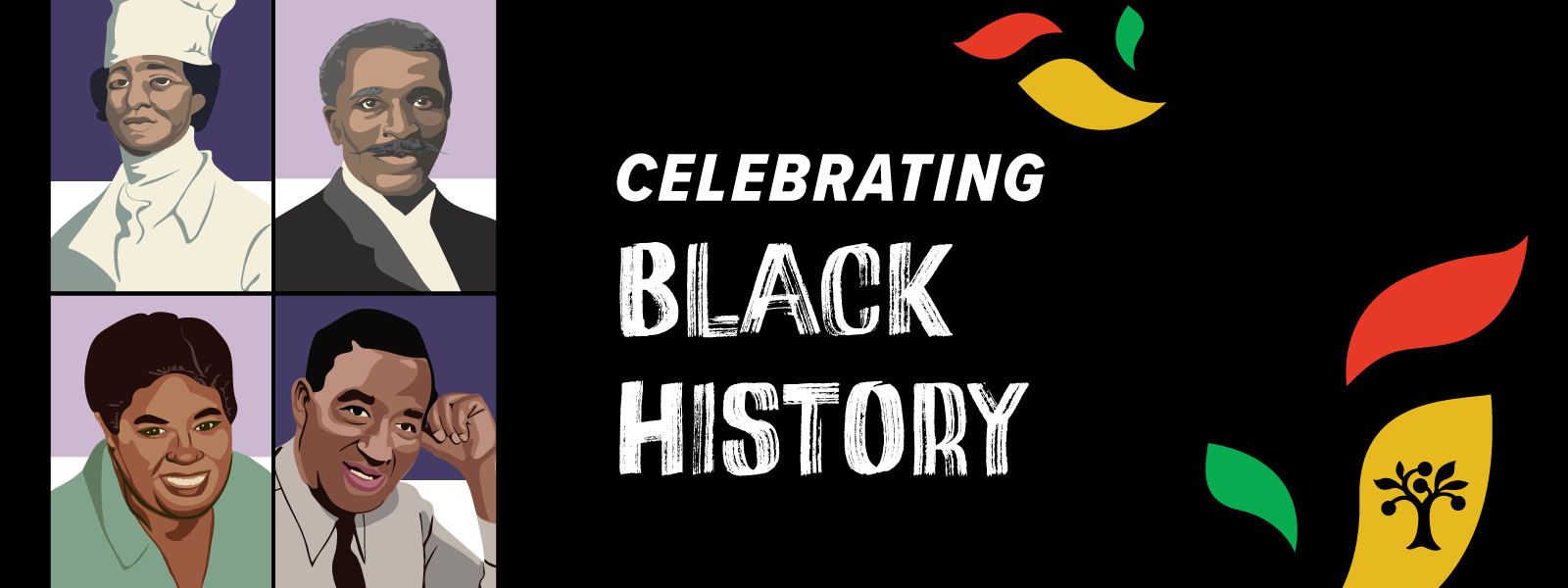The culture and production of food in the United States has been deeply molded by the ideas and innovations of Black people. The first racially integrated café in Minneapolis—Dreamland Café—was founded by Anthony B. Cassius, a refugee from the Tulsa riots, just a block from the Seward Co-op Friendship store; the site is home to the future world headquarters of past SEED recipient, the Cultural Wellness Center. The Dreamland Café made a significant impact on the local community, centering the neighborhood, among many other Black-owned businesses, as a hub of Black middle class culture and validation. On a national scale, other Black historical figures have considerably shaped how we consume, prepare, store, and interact with food. Here are just a few of those innovators.
Honoring Historic Black Innovators in the Food World
George Washington Carver
George Washington Carver was one of the most impactful agricultural scientists in the history of the United States. Born enslaved in Missouri in 1861, he became the first African American to earn a bachelor’s degree, and later a master’s degree in agricultural science. Carver is responsible for our understanding of crop rotation today—he invented it. Suggesting that farmers plant peanuts, soy beans, and sweet potatoes to replenish nutrients in their depleted monoculture soil, Carver built the foundation on which American agriculture stands. He also invented more than 300 ways to utilize the peanut.
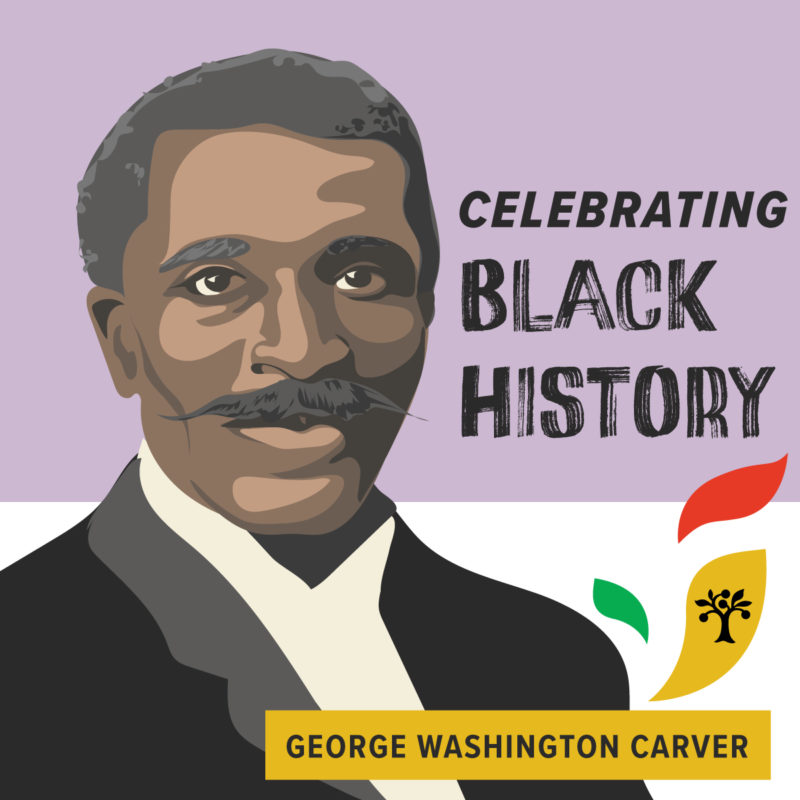
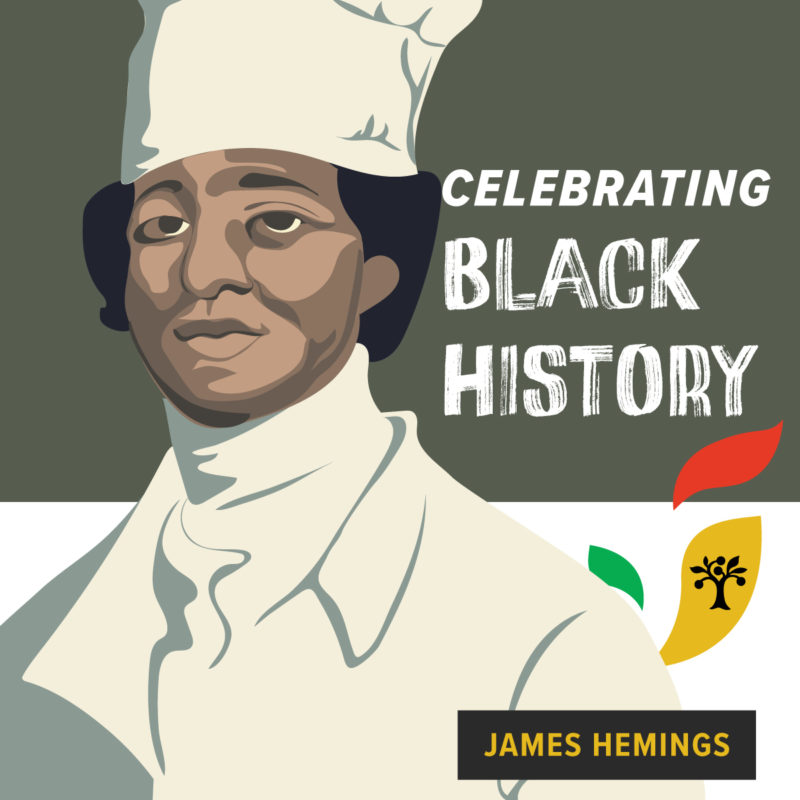
James Hemings
James Hemings was the first American to be trained in classical French cooking. Enslaved under Thomas Jefferson until 1796, Hemings served as Jefferson’s chef. Hemings traveled with Jefferson in 1784 to France to be trained, and he brought back with him recipes for foods we know and love today in the United States, including French fries, macaroni and cheese, and ice cream, which became popularized in the country due to Hemings’ cooking.
Lena Richard
Lena Richard became the first published African American author of a Creole cookbook in 1939, in which she reclaimed Creole cuisine for the Black community, critiquing the way white authors of Creole cookbooks had significantly understated the role of African Americans in shaping the cuisine. Based in New Orleans, Richard was also the star of what was likely the first TV program to feature a Black chef in her own cooking show. On “Lena Richard’s New Orleans Cookbook,” Richard demonstrated her recipes more than ten years before Julia Child would have her own show.
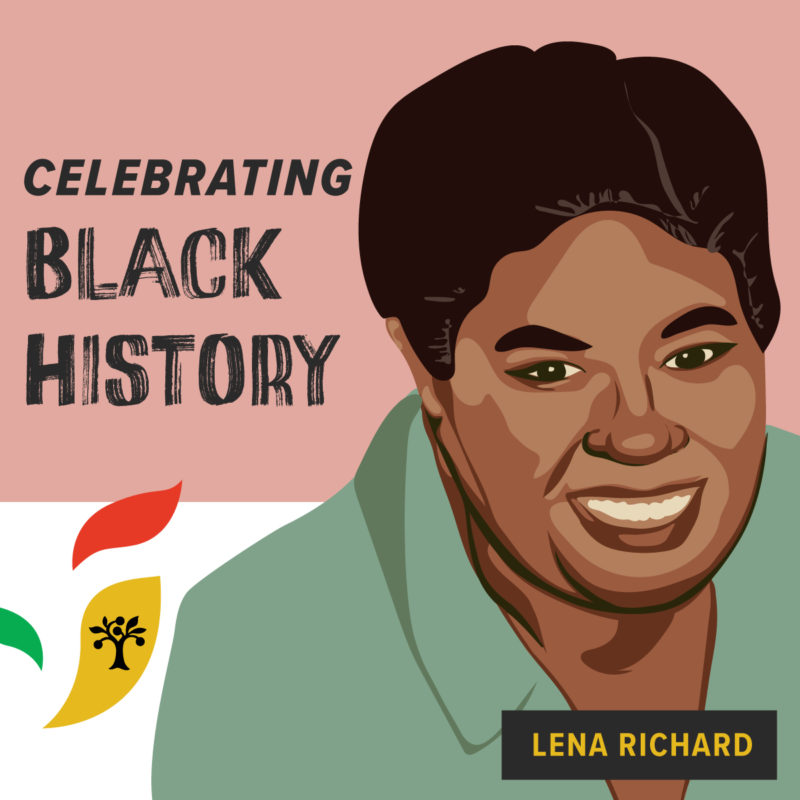
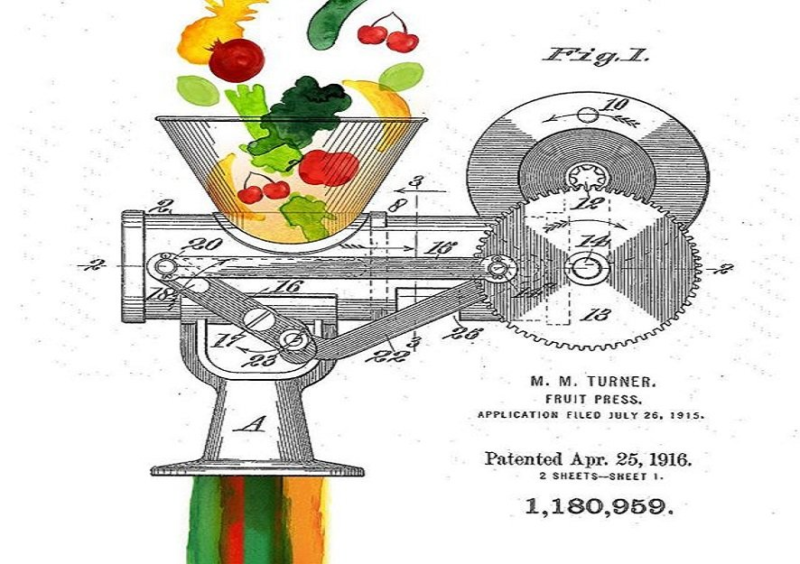
Madeline M. Turner
In 1916, Madeline M. Turner was granted a patent for Turner’s Fruit-Press, the first mechanical fruit juicer upon which all modern juicers are based. It was first displayed to the public not long after at the Panama-California Exhibition in San Diego, California. It has since been referenced in multiple other patents and completely transformed the food industry, making the modern juice bar possible.
Frederick McKinley Jones
Born in 1893 in Ohio, Frederick McKinley Jones would go on to become one of the most prolific innovators of the 20th century, filing and receiving patents for 40 different refrigeration inventions, not to mention even more in other fields. Through his career as an electrical engineer, Jones developed the first transportable automatic refrigeration system, capable of use in trucks, trains, boats, and ships. The Thermo King, as the system was called, dramatically changed the grocery industry, allowing the frozen foods market to develop, as well as the modern refrigerated grocery industry.

